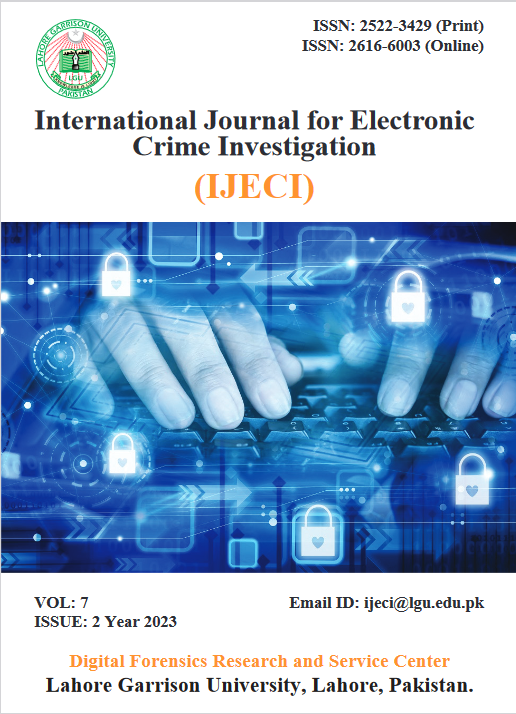Optimizing Virtualization for Client-Based Workloads in Cloud Computing
Muhammad Imran Sarwar
Abstract
Cloud computing has transformed the IT field by offering adaptable and versatile resources to cater to the increasing demands of businesses and organizations. Virtualization technologies are instrumental in facilitating the efficient deployment and management of resources within cloud environments. However, there are notable concerns regarding the security implications of virtualization in the cloud. This research paper thoroughly examines the security aspects of virtualization technologies in cloud computing, primarily focusing on identifying potential weaknesses, risks, and strategies to mitigate security threats. Additionally, the study investigates the security features and mechanisms provided by leading virtualization platforms and management tools. It scrutinizes access controls, isolation methods, network security, data protection, and integrity mechanisms offered by virtualization technologies to safeguard the cloud infrastructure and customer data. Furthermore, the paper addresses emerging security concerns associated with containerization technologies, encompassing vulnerabilities related to container escape, risks stemming from shared kernels, and issues concerning image integrity. It explores the effectiveness of container security measures, such as
isolation, sandboxing, and access controls, in reducing these risks. Lastly, the paper summarizes the main findings and provides recommendations to enhance the security of virtualization technologies in cloud computing. It emphasizes the importance of continuous monitoring, regular security updates, robust access controls, and threat intelligence integration to mitigate security risks and uphold a secure cloud infrastructure.

